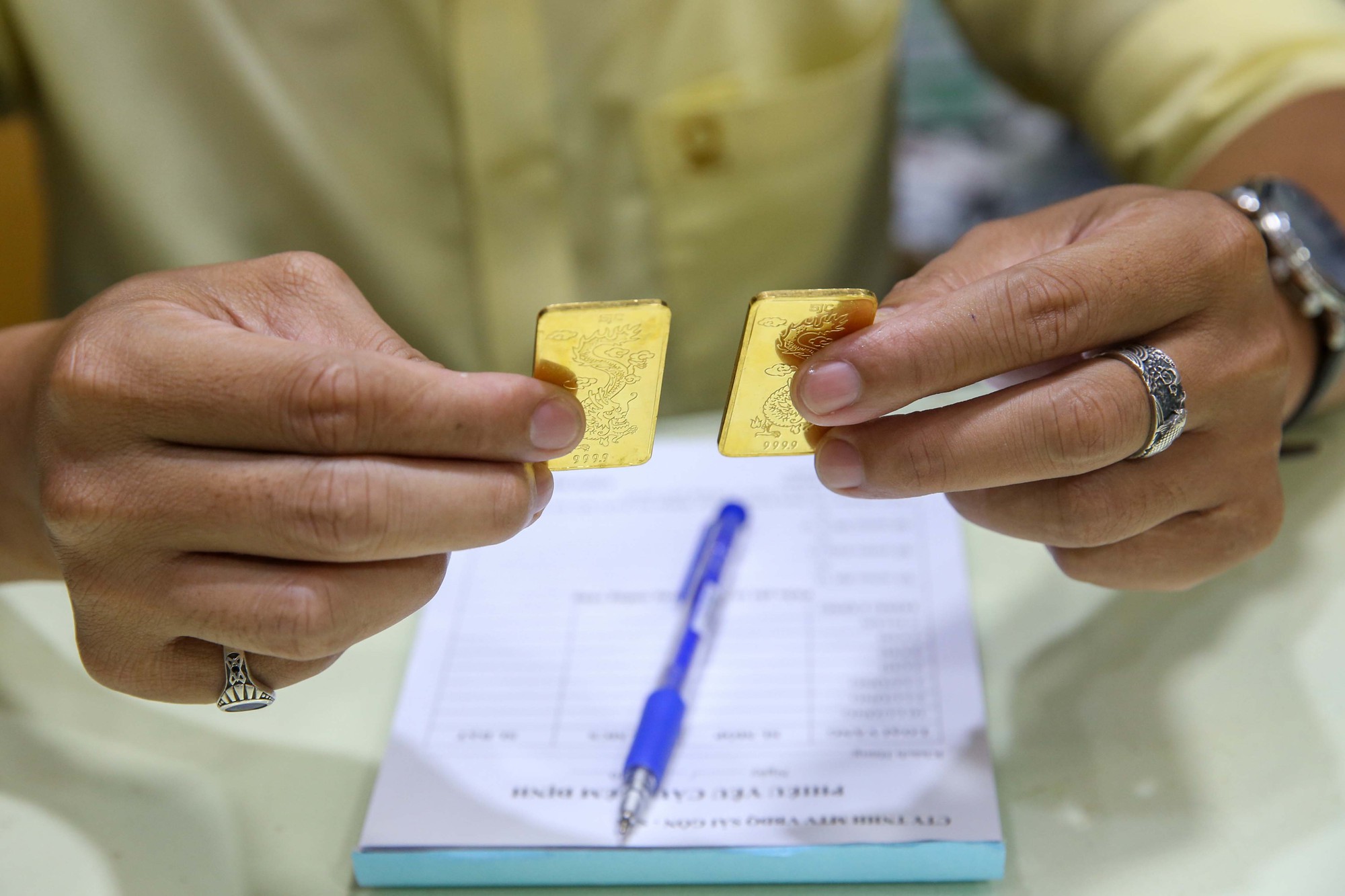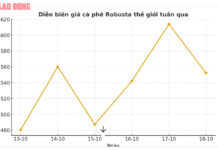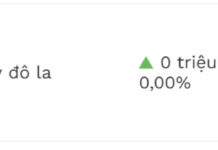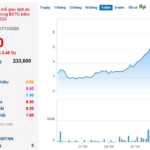Ho Chi Minh City Takes Action to Ensure Security in the Gold Market
The People’s Committee of Ho Chi Minh City has established a task force to ensure security and stability in the local gold market, with a focus on collecting and analyzing information about gold bar buyers. The task force will also inspect organizations and individuals suspected of speculation and profiting, disrupting the gold market.
Gathering Information on Gold Buyers
The task force will coordinate inspections and supervise compliance with legal regulations regarding gold trading by establishments buying and selling gold bars, as well as those producing and trading gold jewelry.
The Ho Chi Minh City Police, as the head of the task force, will be responsible for gathering information and proposing solutions to the People’s Committee to stabilize the gold market. They will also direct police units to detect individuals and organizations suspected of gold smuggling and hoarding for speculation.

Tight control over SJC gold bar purchases in Ho Chi Minh City to prevent speculation. Photo: HOANG TRIEU
The Ho Chi Minh City branch of the State Bank of Vietnam, as the deputy head of the task force, will collect and provide the city’s police with information, documents, and lists of individuals buying gold bars from the Saigon Jewelry Company (SJC) and four state-owned commercial banks: Vietcombank, Agribank, BIDV, and VietinBank. They will also research solutions and advise the SJC and commercial banks to proactively detect and address suspected gold speculation and hoarding.
Other members of the task force, such as the Ho Chi Minh City Department of Taxation and the city’s Market Management Department, will be responsible for verifying the source of funds used to purchase gold and collecting relevant documents from banks to investigate suspected gold hoarding or hiring others to buy gold. They will also enhance inspections of gold trading establishments to promptly handle violations within their authority, especially the trading of smuggled goods, goods of unknown origin, and counterfeit products.
Commercial Banks’ Role
Vietcombank, one of the commercial banks involved, has recently announced that it will only accept registrations for online purchases of SJC gold bars from individual customers who have active transaction accounts with the bank.
Vietcombank explained that this change aims to improve service quality and facilitate customer information management, ensuring smoother and safer gold transportation.
Similarly, BIDV has implemented a policy of selling SJC gold bars only to customers who have VNĐ accounts with the bank and have sufficient funds in their accounts at the time of registration.
Agribank is also planning to adopt a similar approach, as it is believed that selling gold to customers with accounts at the same bank can streamline the customer identification process and contribute to anti-money laundering efforts.
Long-Term Solutions Needed
Gold expert Tran Duy Phuong believes that the measures taken by the Ho Chi Minh City authorities, along with the government and the State Bank’s efforts, will help narrow the price gap between SJC gold bars and the world market. He particularly highlights the importance of collecting information on gold bar buyers to prevent speculation, market manipulation, and profiteering. “Only those with a genuine need and long-term holding intentions will buy gold, reducing the rush to purchase SJC gold bars,” he said.
Associate Professor Dr. Nguyen Huu Huan, a senior lecturer at the University of Economics Ho Chi Minh City (UEH), pointed out that the direct sale of SJC gold bars to the public through state-owned commercial banks and the SJC has led to a “two-price” situation, with an official selling price and a different price in the free market. This is due to the high market demand, but the limited number of people who can purchase gold bars, leading to reselling for profit. Therefore, long-term solutions are necessary to ensure a more sustainable gold market.
At a recent press conference, Permanent Deputy Governor of the State Bank of Vietnam Dao Minh Tu acknowledged the initial effectiveness of the policy of selling gold directly through state-owned commercial banks. The primary goal of controlling the price gap between SJC gold bars and the world market has been achieved. However, he emphasized that this is only a short-term solution, and finding a suitable long-term approach remains a challenge.
Experts have repeatedly suggested that for the gold market to thrive sustainably, it is necessary to amend Decree 24/2012/ND-CP to eliminate the monopoly on the SJC gold bar brand and the exclusive right to import gold held by the State Bank. Associate Professor Dr. Nguyen Huu Huan proposed two possible solutions: introducing a tax on gold assets to reduce its investment appeal and implementing a pilot program for gold certificates, similar to the approach taken by the United States during a period of strong domestic currency devaluation.
Under the gold certificate program, the State Bank would issue gold certificates through the state-owned commercial banks while retaining the gold reserves as an important component of foreign exchange reserves. Individuals could buy and sell these gold certificates through the commercial banks, use them as collateral for loans, or exchange them for VND. The price of gold would be determined by the State Bank.
“Issuing gold certificates would reduce the attractiveness of the gold market, as holding a piece of paper is different from possessing physical gold,” Associate Professor Dr. Nguyen Huu Huan explained. “Measures are needed to discourage individuals from holding physical gold and instead encourage them to invest in other markets to support the development of the economy.”
Businesses to Be Held Accountable for Gold Sources
The Ho Chi Minh City branch of the State Bank of Vietnam has also issued a document to businesses engaged in the production of gold jewelry in the city. According to Mr. Nguyen Duc Lenh, Deputy Director of the Ho Chi Minh City branch, gold jewelry production is closely related to and has a direct impact on the gold market, macroeconomic stability, and socio-economic development.
Therefore, businesses in this industry are required to comply with the law and take responsibility for the origin of the gold raw materials used in the production of gold jewelry. They must also adhere to accounting regulations and comply with regulations regarding invoices and vouchers.






































